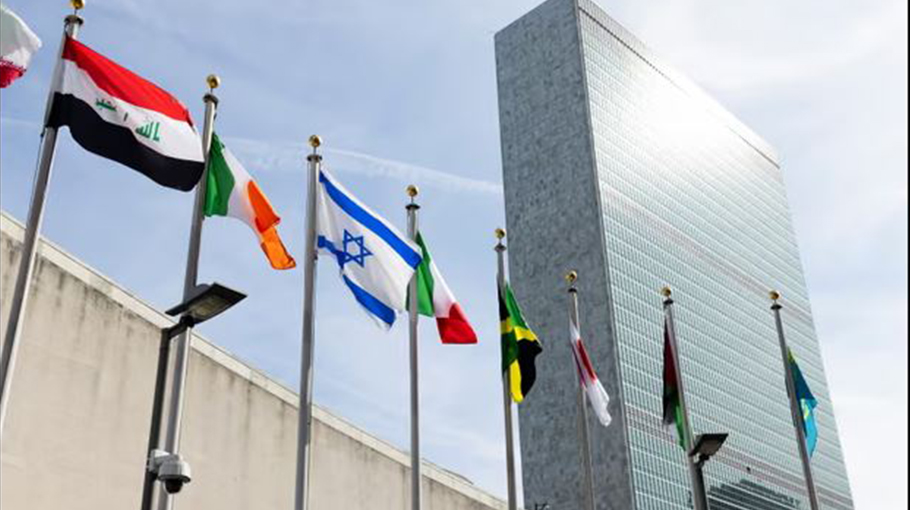US and all nations must respect UN resolution against Israeli occupation

The UN’s resolution this week has dramatically changed the legal context of Israel’s occupation of Palestinian territory.
The United Nations general assembly’s resolution on Wednesday advanced a dramatic legal shift, begun by the international court of justice (ICJ) in July, in how we understand Israel’s occupation of Palestinian territory. The US government’s response suggests a refusal to recognise the new legal reality in which Israel now finds itself.
The general assembly resolution, which largely tracked the ICJ ruling, was adopted by an overwhelming vote of 124 to 14, with 43 abstentions. The tally was even more lopsided than the numbers suggest, given that the “No” votes were limited to Israel, the United States, a group of small Pacific states, and a handful of outliers such as Viktor Orbán’s Hungary and Javier Milei’s Argentina. Britain abstained.
The ICJ had found Israel’s prolonged occupation to be unlawful and ordered it to end “as rapidly as possible”. The headline on the general assembly resolution was that it ordered Israel to withdraw from occupied Palestinian territory within one year. But that is only the beginning.
The general assembly confirmed the ICJ ruling that Israel’s prolonged occupation constitutes a de facto annexation and hence a violation of the “principle of the non-acquisition of territory by force”. In other words, although the term was not explicitly used, the endless occupation is an act of aggression—no different from Russia’s invasion of Ukraine.
Until now, most analyses of Israeli conduct in the occupied territory have focused on particular war crimes—say, the starvation or indiscriminate bombing in Gaza or the settlements in the West Bank and East Jerusalem—or the crime of apartheid throughout the occupied territory. From now on, we should also recognise the occupation as a forcible violation of Palestinians’ right to self-determination.
Or, to put it another way, international humanitarian law, which governs warfare, is neutral about the fact of occupation but imposes duties on the occupier for how it must treat the occupied population. But the ICJ, and now the general assembly, also looked to a separate body of law which regards prolonged occupation as the illegal forcible acquisition of territory. Israel is violating both sets of laws.
There is no reason to expect the Israeli government to respect international law against aggression any more than it has adhered to international human rights or humanitarian law, but the ICJ and the general assembly also spoke to other nations. All governments, they said, have a duty to stop transferring arms to Israel “where there are reasonable grounds to suspect that they may be used in the Occupied Palestinian Territory”.
The new British government has already taken steps to comply with this legal requirement (other than for components of the F-35 bombers being used to pummelled Gaza), but the US government has suspended only the delivery of the 2,000-pound bombs used to decimate Palestinian neighbourhoods, not a plethora of other munitions still being provided.
Beyond arms, the general assembly and ICJ require governments to take “steps to prevent trade or investment relations that assist in the maintenance of the illegal” occupation. There already have been calls for businesses to avoid complicity in the settlements. Governments must now not only adjust their own conduct but also move to prevent businesses and investors in their countries from supporting the overall occupation.
The US government’s response to the general assembly resolution reflected (at least feigned) ignorance of the legal paradigm shift that has occurred. The Biden administration accused the general assembly of “ignoring Israel’s very real security concerns”, but that misses the point of the ICJ ruling. Those security concerns must be met from within Israel, not through occupation.





